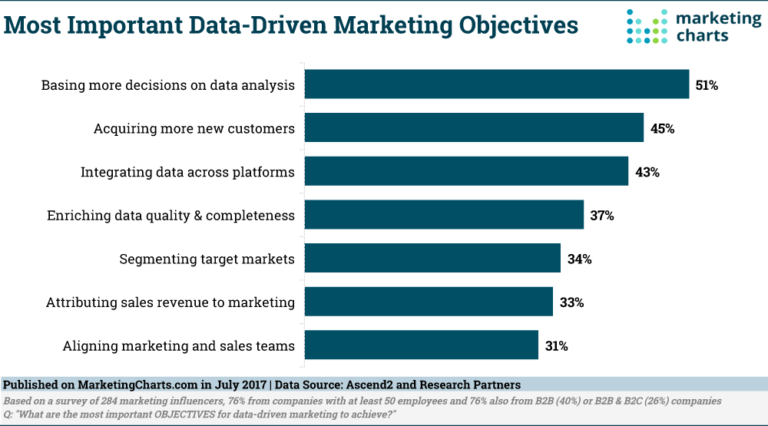The world has grown to an extent where technological advancements and innovations have turned business culture into a digital era. This digital era has improved data packaging systems, where business enterprises and their potential customers’ relations have been positively enhanced.
Also, through this digital era, business institutions have employed innovative techniques to achieve their targeted objectives. This was mainly done to develop a good working environment and secure a big market for their products and customers.
Before exploiting into deeper content of this article, we need to have full knowledge of the term data.
What Is Data?
In simple terms, data refers to all the essential communication pathways and business communication strategies or techniques put in place by business institutions to enhance operations.
These smooth operations of business companies are only intended to maximize their daily profits, which is the main aim of businesses. Data is an essential asset that every business institution requires to stimulate proper operations.
Many successful business companies have created their websites to generate data about their potential customers to enhance online interactions with their respective customers.
Therefore, the data generated on business websites is put into valuable resource business assets. Furthermore, these resource assets are used by the respective companies to advertise their goods and services to their potential customers, to increase the daily sales.
The data generated on business websites are also significant to setting up their targeted goals and objectives. Let us continue exploring deeper content and learn the various significance of these data systems to your business.

10 Reasons Why Data Is Important for Your Business:
1. Mapping Business Performance
Currently, business companies have come up with their own data visualization basics, where they used to serve their potential customers. These data visualization techniques are very significant when creating business performance results. Some of the most useful techniques business owners are using these days are Pareto analysis, Survey analysis using different Likert scale examples, data flow diagrams, A/B testing, and others in a row.
Also, business mapping is more important when creating strategies and valuable decisions. Business data performances include employees’ records, duties, and working performance targets, together with business goals and outcomes.
2. Improving Your Brand’s Customer Experience
Business institutions have their own data websites where they interact with customers. Also, through these website platforms, potential customers can leave their complaints or inquiries on certain products and services offered by the respective institution.
Furthermore, business companies can respond to customers’ complaints and inquiries through these website interactions by improving on particular experiences requested by potential customers.
3. Making Decision Quicker, Solve Problems Faster
Business institutions that run under websites or other social media platforms are evidence that they are creating massive volumes of data.
These website platforms enable business institutions to interact smoothly with their customers. Through these interactions, businesses can get answers to various challenges they may be experiencing, hence solving those challenges with immediate effect.
See Also: What Impact Does Big Data Have on Organizational Decision-Making?
4. Measuring Success of Your Business and Employees
Most business institutions use the data generated on their platforms to strategize their business decisions. These data usually include business and employees performance data.
From these data, business institutions can determine the most performing employees and their products or services that perform best in the current markets.
5. Understanding Your Product Users, Market, and Your Competitors
The data generated on business websites and social media platforms can help business parties to determine customers’ feedback towards a particular product or service being offered.
These acts help the business improve its objectives and determine how its products and services are trending in the current markets.
6. Reducing Business Expenses
For any business to achieve its set goals and objectives, business operators must adapt to cost controlling basics to reduce the expenses that might be incurred.
Reaching out to your potential customers is very expensive. Business parties should enhance a simplified data system that will make it easy for businesses to interact and cooperate efficiently with their potential customers, thus reducing the cost of moving around to reach the available customers.
See Also: What Should Companies Do to Protect Cloud Data?
7. Helps to Improve Business Processes
Data is essential in determining various loopholes that slow down business operations and processes. By fixing the loopholes, wasted resources are reduced and recovered.
Data visualization techniques like poor advertising channels can also waste business resources. Using effective data systems, a business can detect how its operating channels perform.
8. Reference
Data systems help business companies be exposed to the essential information and performance of the business itself, its potential customers, competitors, and how their products and services are trending on the market. These business data can be kept for future reference when the need for comparison arises.
9. Functions on Business Researches
Most business institutions are involved in researching information to make decisions and set their objectives. The research is done on potential customers’ information, new innovations, and available competitors to determine business development performance, marketing strategies, and other new inventions.
When information is available, the business can adapt to new strategies of its operations to fit in the current market situations.
See Also: What Are the Best Practices of Database Security?
10. Effective Data Use
Many successful businesses use data systems effectively to make business decisions. If parties adopt a habit of data mismanagement and misuse, the business will incur additional costs, leading to loss of profit generated.
See Also: 5 Benefits of Effective Data Mining in CRM
Conclusion
Data primarily helps business owners in identifying the behavior of their customers. Also, it plays a major role in making decisions about the development of the business. Also, it steers competition in the business industry through developing desirable insights.
Note that information is data that has already been processed. Data is essential because it incorporates the raw facts that play a crucial role in generating information. Even though data is more important, it has to undergo processing before being used.
For the above business success results to prevail, potential business partners and institutional companies must invest heavily in modern data management systems to enhance excellent interactions and relationships with potential customers. This will help them secure a considerable market and remain at the helm of the industry.





